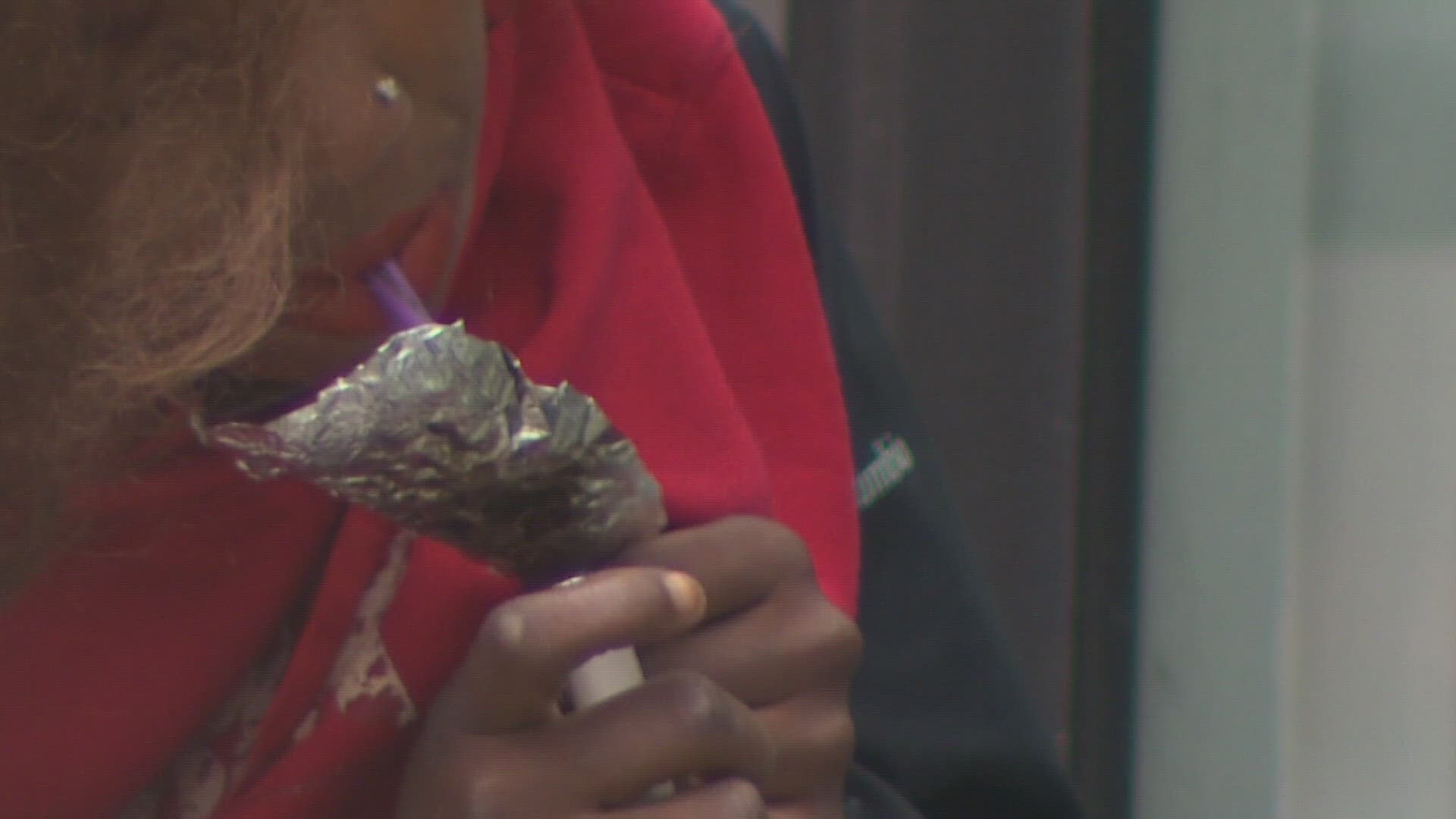SEATTLE — On Wednesday morning, Seattle Mayor Bruce Harrell signed the newly passed public drug use legislation approved by Seattle City Councilmembers on Tuesday. The ordinance was passed in a 6-3 vote at a contentious Seattle City Council meeting.
The ordinance will allow for public drug use and drug possession cases to be prosecuted by the Seattle City Attorney’s Office as gross misdemeanors. Back in May, Gov. Jay Inslee signed a law making these crimes a gross misdemeanor statewide, but Seattle is just now writing it into city code, allowing for prosecution at the municipal level.
The Seattle City Council rejected a similar bill at the beginning of June, which did not have specific language or funding for diversion and treatment services.
Now that the ordinance has been signed by the mayor, it will go into effect in 30 days.
Mayor Harrell and City Attorney Ann Davison talked about their plans for the law going into effect after they toured the Evergreen Treatment Services clinic in Seattle on Wednesday.
"I want downtown cleaned up, I want people sheltered, I don't want to see people physically killing themselves, which is what this synthetic drug crisis is doing,” said Mayor Harrell.
The mayor acknowledged that more resources are needed in Seattle for people facing addiction but said they will use the resources the city does have to the full extent and that more resources are coming.
The law includes a $27 million investment to help connect people with treatment. The Mayor’s Office said that $7 million will help fund capital improvements for treatment facilities, including a potential post overdose center and that $20 million will go toward enhanced services.
“We'll continue to work with the county and the state to get as many resources as possible,” said Mayor Harrell.
The new law instructs Seattle Police to create policies that make diversion and treatment the priority when upholding the drug use law, rather than jail time, and to look at the threat of harm a person using drugs presents. The mayor said that next week he will issue an executive order, providing guidance for the Seattle Police Department on how officers should enforce this law.
Mayor Harrell said it is not correct when opponents of the law compare it to the war on drugs. He said the goal is not to arrest people but to help them.
“This is not the war on drugs. If anything, this is a war for health, for helping people,” said Mayor Harrell.
City Attorney Ann Davison agreed and said this ordinance is needed both for people who live and work in the city, and the people struggling with addiction.
“We need to be able to have our public spaces safe and accessible for everybody. We need to be able to get people to treatment. And if there are corresponding crimes associated with that, we need to be able to prosecute,” said City Attorney Davison.
Davison said her office is ready to prosecute the cases that are needed but is looking at other options as well.
“We do have a mental health court, someone has to be competent and capable to opt into it,” said Davison. “Could we broaden it? That is one part of the conversation.”
The mayor said this new law is just one piece of a bigger plan to help people using drugs and to improve public safety.
“Hopefully what we will see in 30 days is a unified and coordinated response balancing the need for a health approach, a compassionate approach, and making lawful constitutional arrests when necessary.”
Mayor Harrell said data regarding this new law will be available to the public, including the number of arrests and diverted cases.

